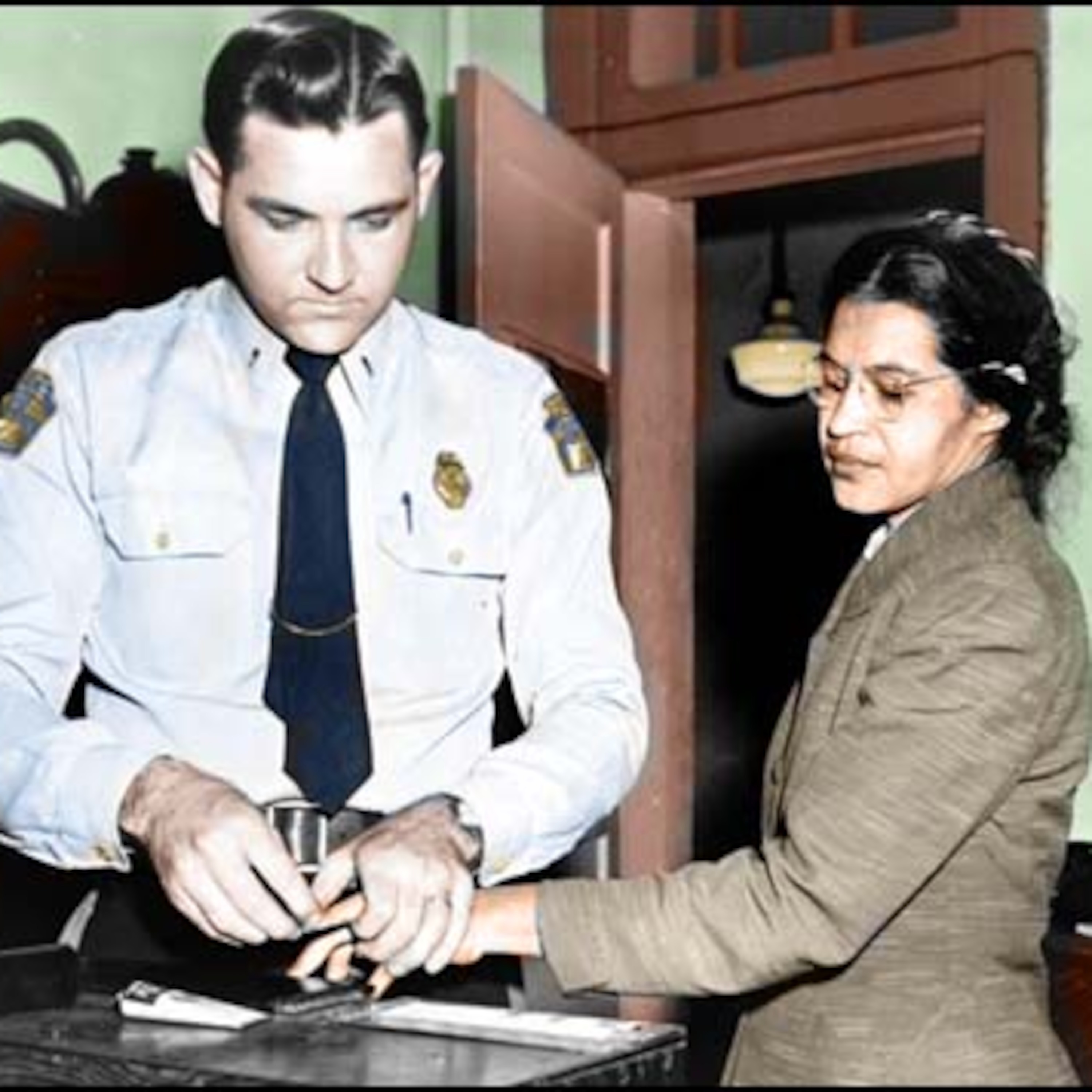Go offline with the Player FM app!
Sit where you like Rosa Parks
Archived series ("Inactive feed" status)
When?
This feed was archived on January 23, 2022 21:53 (
Why? Inactive feed status. Our servers were unable to retrieve a valid podcast feed for a sustained period.
What now? You might be able to find a more up-to-date version using the search function. This series will no longer be checked for updates. If you believe this to be in error, please check if the publisher's feed link below is valid and contact support to request the feed be restored or if you have any other concerns about this.
Manage episode 211253841 series 1147235

Be it the protest lyrics of Gil Scott Heron, the beautifully constructed Patrice Holloway number, the hope in Curtis work, or the questions raised by Marvin. The world watched as President Obama was inaugurated with news channels choosing Sam Cooke’s “A change is gonna come” as the music backdrop. Whatever your music bag contains, 90% of it wouldn’t be there without the combination of Soul and the Civil Rights Movement. “Classic Soul” is that period primarily referenced as the 60’s and 70’s. This is the time frame of the American Civil Rights Movement, and the impact of the massive changes going on, are reflected in the music and the culture. Music produced during the civil rights era continues to connect with audiences today because of the timelessness of the lyrics. Although African American artists made the most famous songs related to the movement, musicians of all stripes contributed songs of protest about injustices in America. From this blue eyed soul boy, thank you one and all..
2 episodes
Archived series ("Inactive feed" status)
When?
This feed was archived on January 23, 2022 21:53 (
Why? Inactive feed status. Our servers were unable to retrieve a valid podcast feed for a sustained period.
What now? You might be able to find a more up-to-date version using the search function. This series will no longer be checked for updates. If you believe this to be in error, please check if the publisher's feed link below is valid and contact support to request the feed be restored or if you have any other concerns about this.
Manage episode 211253841 series 1147235

Be it the protest lyrics of Gil Scott Heron, the beautifully constructed Patrice Holloway number, the hope in Curtis work, or the questions raised by Marvin. The world watched as President Obama was inaugurated with news channels choosing Sam Cooke’s “A change is gonna come” as the music backdrop. Whatever your music bag contains, 90% of it wouldn’t be there without the combination of Soul and the Civil Rights Movement. “Classic Soul” is that period primarily referenced as the 60’s and 70’s. This is the time frame of the American Civil Rights Movement, and the impact of the massive changes going on, are reflected in the music and the culture. Music produced during the civil rights era continues to connect with audiences today because of the timelessness of the lyrics. Although African American artists made the most famous songs related to the movement, musicians of all stripes contributed songs of protest about injustices in America. From this blue eyed soul boy, thank you one and all..
2 episodes
All episodes
×Welcome to Player FM!
Player FM is scanning the web for high-quality podcasts for you to enjoy right now. It's the best podcast app and works on Android, iPhone, and the web. Signup to sync subscriptions across devices.




